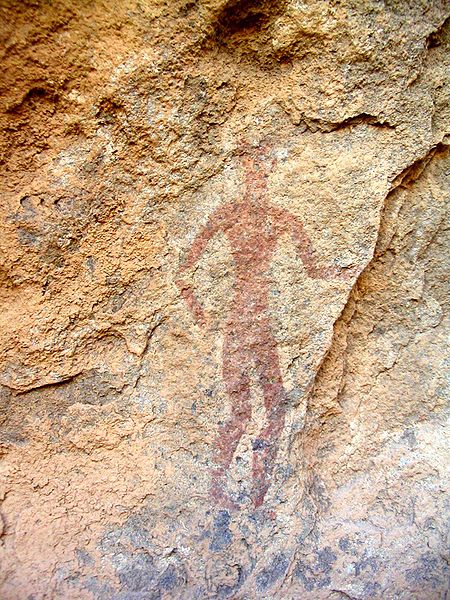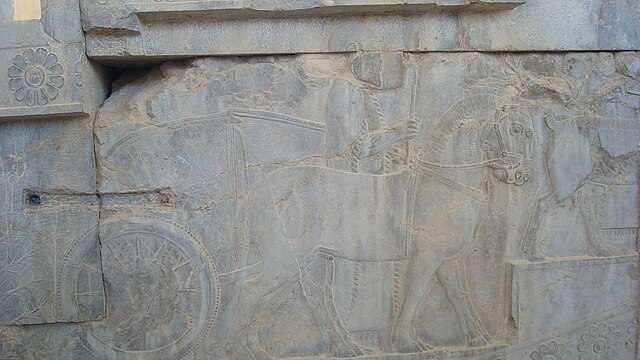The Numidians were the Berber population of Numidia. The Numidians were originally a semi-nomadic people, they migrated frequently as nomads usually do but during certain seasons of the year, they would return to the same camp. The Numidians soon became more than pastoralists and started to engage in more urban professions. The Numidians were one of the earliest Berber tribes to trade with Carthaginian settlers. As Carthage grew, the relationship with the Numidians blossomed. Carthage's military used the Numidian cavalry as mercenaries. Numidia provided some of the highest quality cavalry of the Second Punic War, and the Numidian cavalry played a key role in several battles, both early on in support of Hannibal and later in the war after switching allegiance to the Roman Republic. Numidian culture flourished between the end of the Second Punic War and around the Roman conquest, with Massinissa as the first king of a unified Numidia.

Western Old World in 200 BC, showing borders of the Numidian kingdoms after the Second Punic War.
Berbers or the Berber peoples, also called by their endonym Amazigh or Imazighen, are a diverse grouping of distinct ethnic groups indigenous to North Africa who predate the arrival of Arabs in the Arab migrations to the Maghreb. Their main connections are identified by their usage of Berber languages, most of them mutually unintelligible, which are part of the Afroasiatic language family. They are indigenous to the Maghreb region of North Africa, where they live in scattered communities across parts of Morocco, Algeria, Libya, and to a lesser extent Tunisia, Mauritania, northern Mali and northern Niger. Smaller Berber communities are also found in Burkina Faso and Egypt's Siwa Oasis.
Hoggar painting, Tassili n'Ajjer
An Egyptian statuette representing a Libyan Libu Berber from the reign of Rameses II (19th Dynasty) in 1279–1213 BCE. (Louvre Museum, Paris)
A faience tile from the throne of Pharaoh Ramesses III depicting a tattooed ancient Libyan chief c. 1184 to 1153 BC
Ancient Libyan delegation at Persepolis





